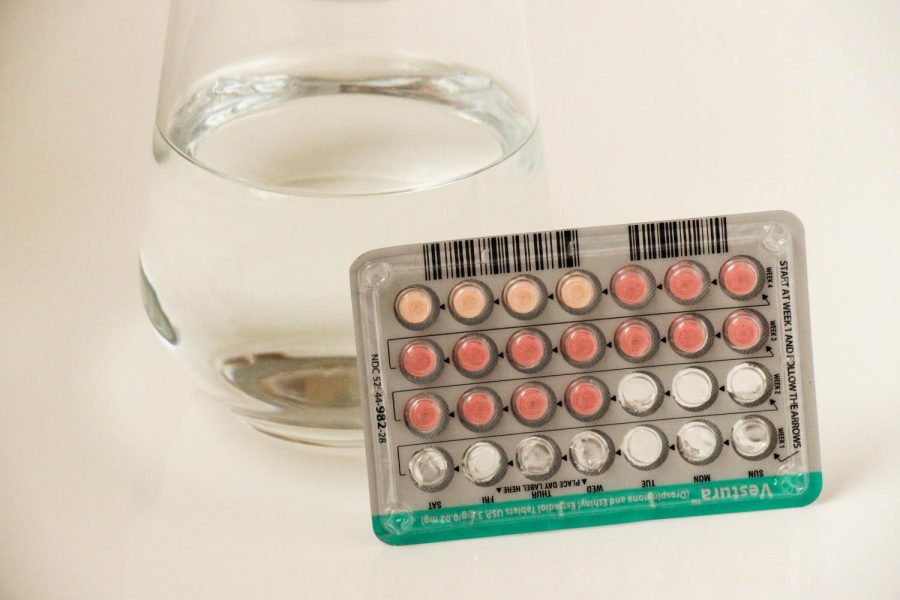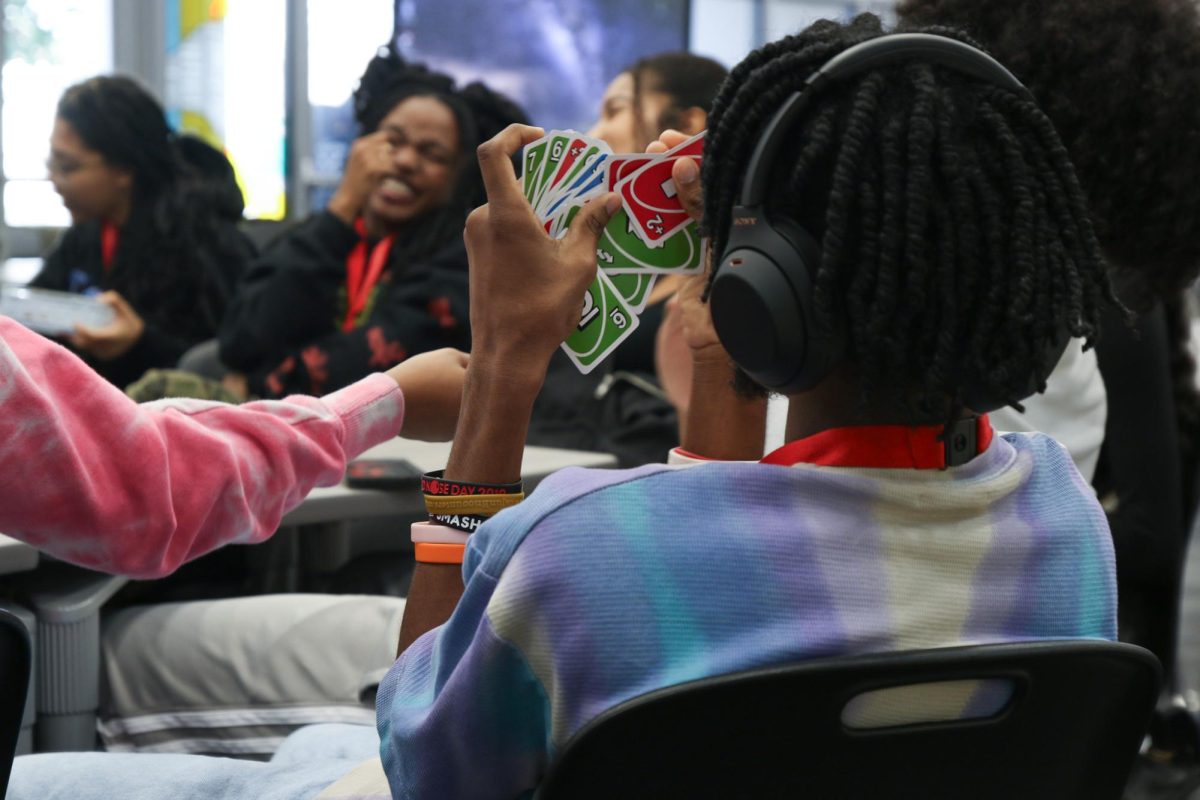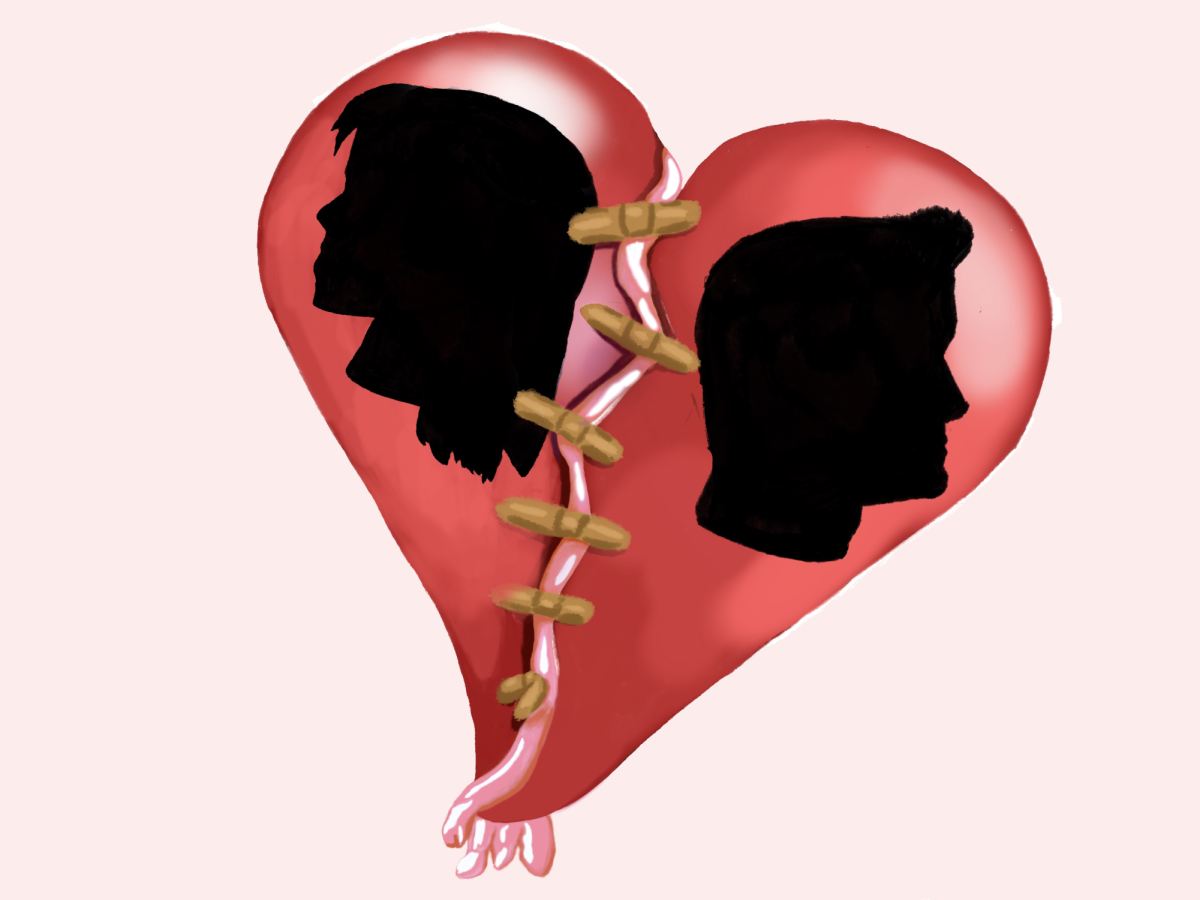The United States is immersed in an era of social change. Topics such as sex and drugs find their way into teenagers’ conversations more often than ever. With these subjects entering mainstream culture more frequently, the debate over them has grown; specifically, the issue of teenage birth control. Since its creation in 1960, “the pill” has been a game changer for sexually active teens, and the question of whether they should be able to obtain the pill without a parent’s consent has continued on.
In today’s world, sexually active teenagers can get contraceptives to protect themselves against unplanned pregnancies and sexually transmitted diseases; the only catch is that they need parental approval.
In tandem with our pro choice society, it is without question that teenage girls should have the choice whether or not to take “the pill.” Although some girls are active on birth control, many teens don’t have the parent-child relationship that would make both parties feel comfortable discussing the topic. According to Women’s Inspiring Strength and Empowering Club (Wise) studies show that preventing teens from receiving contraceptives without the approval of both parties won’t stop teenagers from having sex, but would instead drive them away from the services needed to protect them. A teenager who wants to have sex will have sex, regardless of if they have the little pink pill or not.

Teenagers don’t magically become sexually active because they have the ability to go to a family health care provider and receive the contraceptives needed. According to American Civil Liberties Union, young women in the U.S. have been sexually active for up to 22 months prior to their first visit to a family planning center. Recent studies point out that making birth control easily attainable does not increase sexual activity. Moreover, cutting off a teenage girl’s right to receive contraceptives such as birth control doesn’t drive them away from sex, but just pushes them out of doctor’s offices.
For this reason, leading medical groups such as American Medical Association, the American Academy of Pediatrics, and the American Academy of Family Physicians, oppose laws requiring the involvement of parents when it comes to obtaining birth control. These health groups haven’t restrained themselves from being vocal about their stance. In a recent letter to Congress, they expressed their views when it came to the parent’s involvement. “Most teens seeking services at [federally funded programs] are already sexually active. Mandating parental involvement is likely to discourage many teens from seeking family planning services, placing them at an increased risk for sexually transmitted diseases and unintended pregnancies.” The AMA also showcased studies which indicate that one of the major causes of delay by adolescents in seeking contraception is fear of parental discovery and that many would avoid seeking services altogether if parental involvement were required.
According to IJSER, opposers such as claim that requiring consent of a parent’s will improve the parent-child dynamic; however, the effect is opposite. Many teens justifiably fear that disclosure to their parent or guardian will lead to abandonment or abuse. Others, simply don’t have a caring, trusting parent-child relationship. Many teens are still trapped in an environment where sexuality is never openly discussed and is seen as something that shouldn’t be open to teens. Preventing adolescents from getting the needed contraceptives unless they confide in a parent won’t magically transform their household into the great American family, but will just convert it into an environment where teens have unprotected dangerous sex.
It is a girl’s choice what she wants to do with her body and when she is ready to have sexual encounters. So why not provide our youngest generation with the utmost protection? From a closed-minded perspective, one can say that teens should only have sex when they are ready to care for a child; however, consent to sex is not consent to pregnancy. That statement contradicts all laws of nature. Like all sexually reproductive organisms, humans are naturally inclined to reproduce and frequently have sex for enjoyment. According to the AMA, Humans are biologically and emotionally inclined to have sex. This inclination begins when a female starts her cycle. We no longer live in an era where women are married off at a young age and reproduction can begin when a women is in her 30’s and 40’s. Our society shouldn’t punish teenage girls for responding to their chemical biology, rather, it should protect them. At the end of the day, it should be a women’s choice how she should protect her body.





































































![[BRIEF] Class of 2024 Top 20](https://www.themuseatdreyfoos.com/wp-content/uploads/2023/10/breaking-news-1200x927.png)
